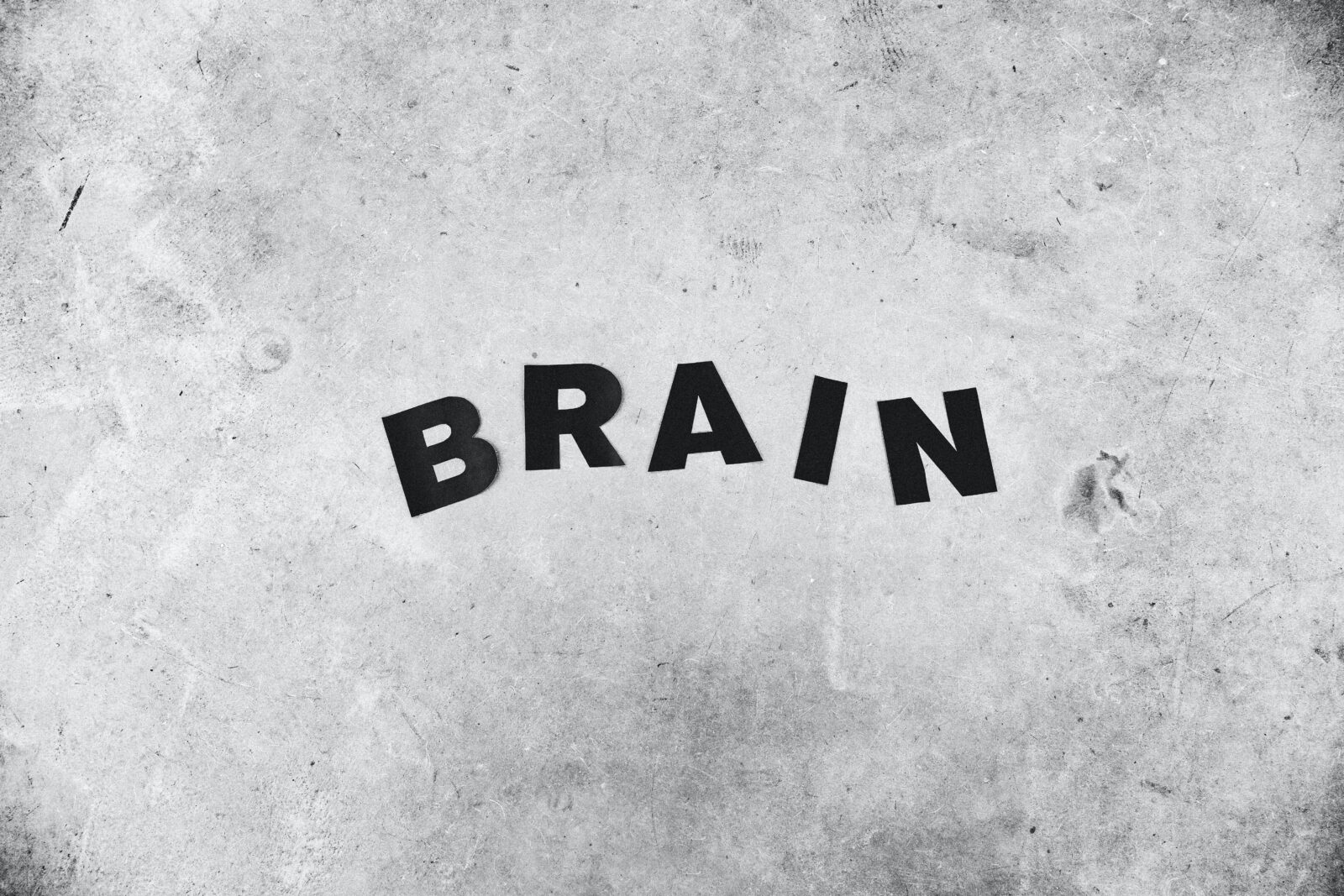
Located very deep within your brain is the pineal gland, which produces your body’s melatonin. Melatonin is the hormone that regulates your circadian rhythm, thus regulating your sleep and awake cycles. Disruptions to the circadian rhythm can have broad effects on your overall health.
Let’s take a deeper look at the pineal gland, its anatomy, location, and function. Let’s also take a deeper dive into how it impacts sleep, affects seasonal reproduction in animals, and how it may be impacted by brain tumors.
Anatomy and structure of the pineal gland
The pineal gland is a small organ located in the third ventricle of the brain. It is approximately the size of a grain of rice. Ventricles are filled with fluid, and the third ventricle extends from the large lateral ventricles to the narrow cerebral aqueduct, passing between the two halves of the part of the brain called the diencephalon.
The cells that make up the tissue of the pineal gland include hormone-producing pinealocytes and supportive interstitial cells. Nerve cells may influence the pinealocytes by secreting specific chemicals called neurotransmitters. Nerve fibers reach the gland via the pineal stalk and contain many substances, including:
- Serotonin
- Histamine
- Oxytocin
- GABA
- Orexin
- Vasopressin
The pinealocyte cells have receptors for all these neurotransmitters, suggesting that they all can influence the brain at various times. This influence extends to a collection of neurons located in the sympathetic superior cervical ganglia and the parasympathetic sphenopalatine and otic ganglia. This connection is a relay from the pineal gland to the suprachiasmatic nucleus (SCN), located in the hypothalamus.
Members Only Content
To continue reading please subscribe to WellnessPlus by Dr. Jess MD
Be your own best doctor with our comprehensive suite of online health coaching tools.
